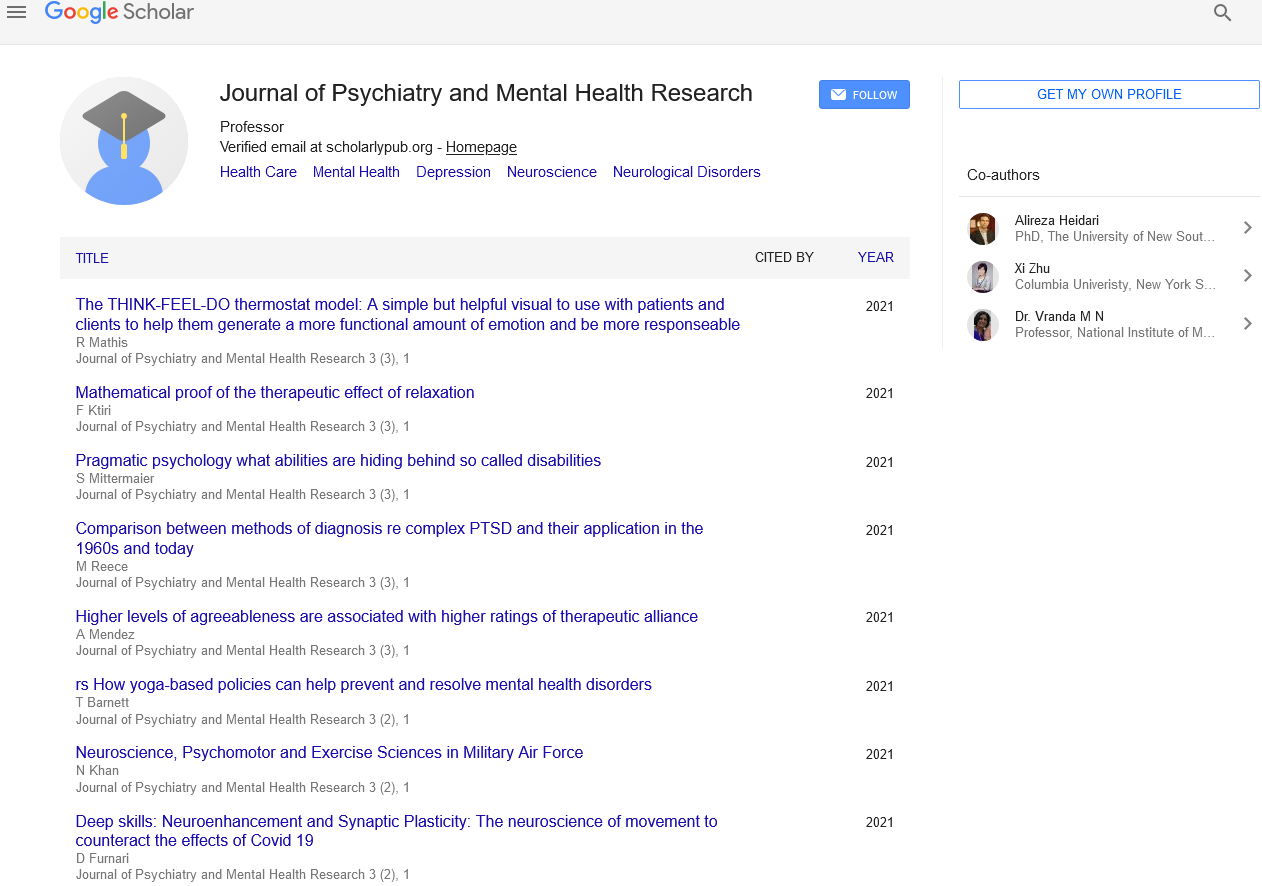
Sign up for email alert when new content gets added: Sign up
Abstract
Herbal Medicine Today: Clinical and Research Issues Rare diseases
Author(s): Rajanarayan* and Mohammed Hasimuddin*Alzheimer’s disease (AD) is a progressive neurological disease of the brain named after German physician Aloes Alzheimer, who first described it in 1906. Alzheimer’s is the most common form of dementia and affects an estimated 10 million people worldwide. The most common form of dementia is AD, which demolishes the vital brain cells, causing trouble with memory, thinking, and behavior, brutal enough to affect work, lifelong hobbies, and social life. Recognized factors in Alzheimer’s disease include acetylcholine deficiency, free radicals, and inflammation of the brain tissue. Many of the current drugs taken to treat the disease, such as, donepezil, have unpleasant side effects and doctors are keen to find alternatives. There is no cure for Alzheimer’s disease, but drugs designed to slow disease progression are available. Some herbs may help to improve brain function, but scientific evidence to prove that they can treat Alzheimer’s disease, is limited. Memory impairment is the hallmark symptom of Alzheimer’s disease and usually involves behaviors such as forgotten appointments, away from home, misplaced items, and repetitive questions. Along with memory problems, AD can be recognized by insomnia, anxiety, depression, disruptive behavior, and hallucinations. Several studies have found evidence that Alzheimer’s disease is a disease that is caused by or is a result of decreased metabolic activity in the brain.




